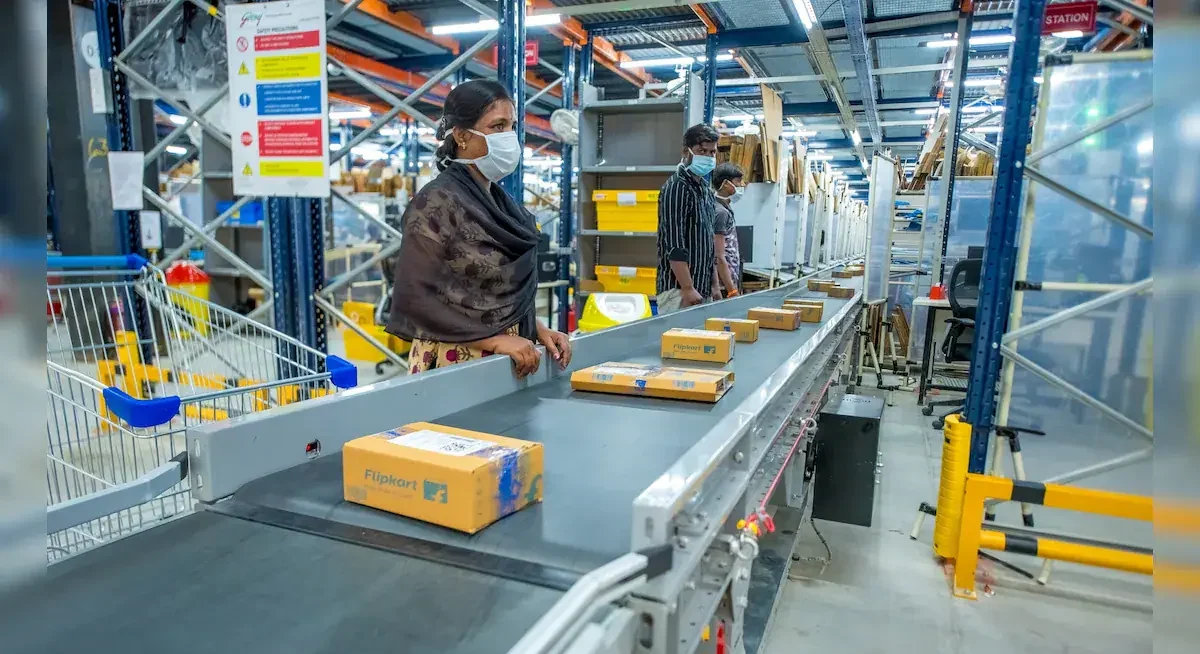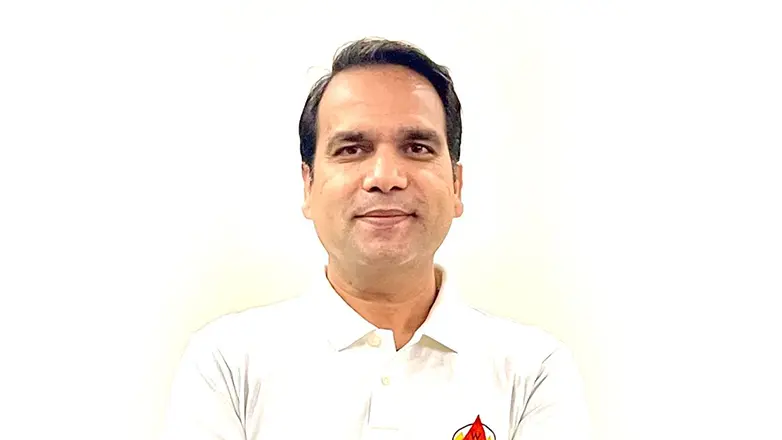The Indian retail industry is a significant contribution to the nation’s GDP and is all set for transformative growth in 2025 by making an advancement in artificial intelligence (AI), automation, and a digitally savvy consumer base. The sector is set to redefine efficiency, personalisation and customer engagement with the risk of quick- commerce and initiatives like Open Network for Digital Commerce (ONDC).
AI and automation driving efficiency
AI and automation are at the forefront of revolutionizing the retail landscape. Retailers are increasingly manipulating these technologies to enhance supply chain management, streamline operations, and deliver personalized shopping experiences. According to Puneet Mansukhani, Sector Head – Retail at KPMG, “Continued advancements in AI and automation will drive efficiency and personalisation in retail, enhancing customer engagement and operational excellence.”
Data analytics are used to understand consumer behaviour that results into a cornerstone of retail strategy. This change has allowed retailers to modify their offerings to meet individuals preferences and upgrade stronger connections with customers.
Emergence of quick-commerce and digital growth
The massive growth of quick-commerce has reshaped the way consumers interact with retailers. Deloitte India’s Anand Ramananthan stated that quick commerce is a “viable business model” that is here to stay and meet the growing demand for faster delivery and convenience.
ONDC is also creating new opportunities for retailers, especially in untapped tier-II and tier-III cities. This expansion not only fulfills economic activity but also helps smaller retailers to compete on a larger scale,contributing to India’s overall economic growth.
Retail sector’s role in India’s economic growth
Retail plays a vital role in India’s economy, contributing 10% to the GDP and employing millions across the nation. As per Reliance Retail’s latest report, the sector is set to cross $1.4 trillion by 2027, with India on track to become the world’s third-largest retail market by 2030.
This growth is underpinned by rising disposable incomes, urbanisation, and an expanding middle class. EY India Tax Leader for Retail Practice, Paresh Parekh, highlighted that FY25 will focus on building supply chain efficiencies and meeting fast delivery demands, creating job opportunities in logistics and related sectors.
Sustainability and consumer trends
Sustainability and ethical practices are becoming priorities for retailers as consumers demand greater transparency in supply chains. Retailers are responding by adopting greener practices and emphasizing socially responsible business operations.
While inflation and economic volatility pose challenges, the sector remains optimistic about sustained growth. The festive and wedding seasons, coupled with strategic planning, have already provided momentum heading into 2025.






















